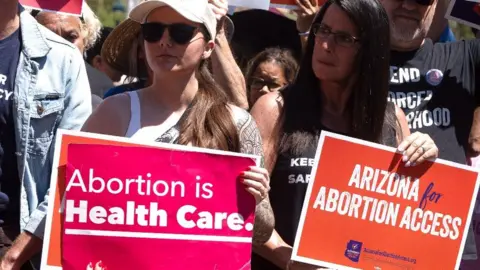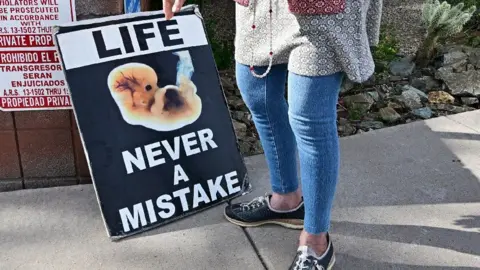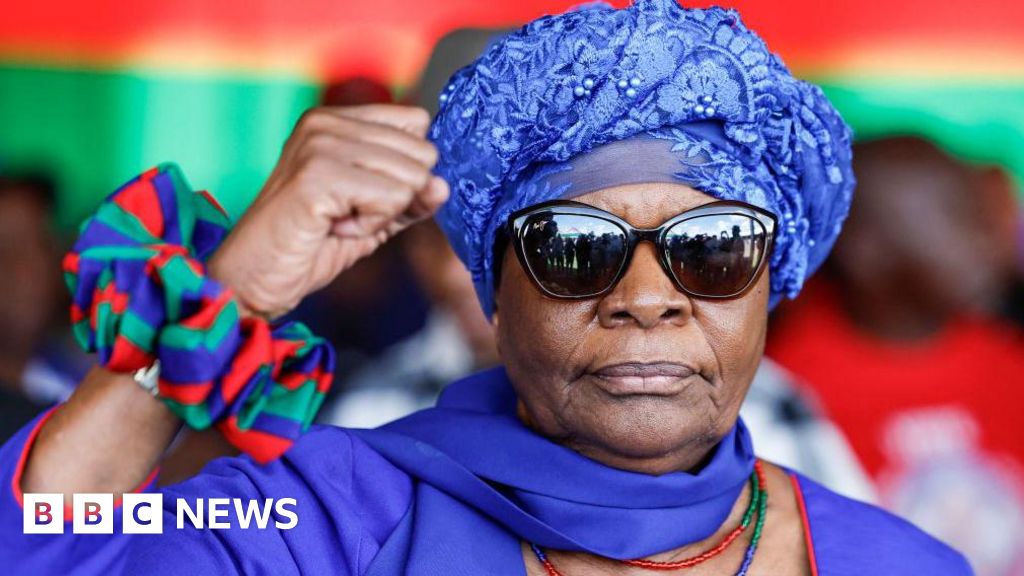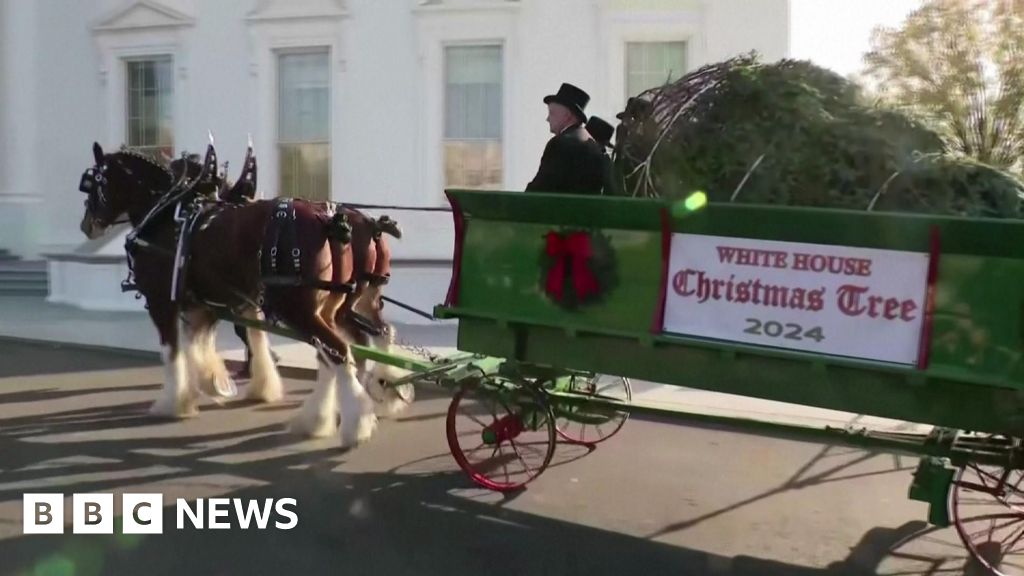ARTICLE AD BOX

 Getty Images
Getty Images
The group Arizona for Abortion Access said it was "deeply disappointed" by the ruling
Pro-choice activists in Arizona have hit out after judges allowed the state to use what the campaigners call "biased" language ahead of a vote on abortion.
The state's top court ruled on Wednesday that a foetus could be called an "unborn human being" in official public information leaflets ahead of the 5 November poll.
America's bitter debate over reproductive freedoms will again be in the spotlight on that date, when Arizona and other states will vote on whether to add to their constitutions the right for a woman to have an abortion.
Campaigners argue the phrase "unborn human being" could influence voters, but the judges ruled the wording did not break impartiality rules.
The group Arizona for Abortion Access said voters would be "subjected to biased, politically-charged words developed not by experts but by anti-abortion special interests".
It added it was "deeply disappointed" by the decision of the state supreme court, which sided with state Republican lawmakers.
One of those Republicans, House Speaker Ben Toma, hailed the ruling as "correct", the Associated Press reported, and said the move was designed to aid voters' understanding.
The court - whose judges were appointed by Republicans - has promised to release a full opinion later, AP added.
Women in Arizona are currently prevented from terminating a pregnancy after 15 weeks, with some exceptions, as a result of legislation brought by the Republicans in 2022.
That law was passed after the US Supreme Court's reversal of Roe v Wade: a landmark ruling which rescinded the nationwide right to abortion and set in train a nationwide debate over reproductive rights.
In Arizona specifically, this reached a head earlier this year when state lawmakers battled over a 160-year law that would have almost totally banned abortions, without exceptions in instances of rape and incest.
The state supreme court ruled in April the legislation dating from 1864 could be enforced. The move was briefly hailed as an "enormous victory" by one anti-abortion group, before state Democrats forced through a repeal bill with the help of two Republicans in the senate.

 Getty Images
Getty Images
Arizona's anti-abortion campaigners have found support from state Republicans
At both state and national levels, Democrats have made the abortion issue key to their campaign ahead of 5 November.
That is the date of the presidential election as well as the Democratic-supported abortion initiative of the kind seen in Arizona, which was confirmed to be going ahead earlier this week.
Many of the states in which these ballots are taking place are key battlegrounds that could have a bearing on the presidential result.
Many Republican politicians, meanwhile, have sided with religious conservatives who want abortion banned or limited in the US.
In Arizona, the abortion ballot will determine whether or not to amend the state constitution to allow a woman to end a pregnancy up to the time at which a foetus could survive outside the womb. That tends to be about 23 or 24 weeks.
The move would prevent future laws being introduced to restrict abortion access - something that opponents say would go too far.
The decision of Arizona's top court to allow a foetus to be described an "unborn human being" is reminiscent of a decision by Alabama's own supreme court earlier this year. This ruled that frozen embryos could be considered children.
Most Americans believe abortion should be legal in at least some situations, recent polling presented by the firm Gallup has indicated.

 3 months ago
21
3 months ago
21








 English (US)
English (US)